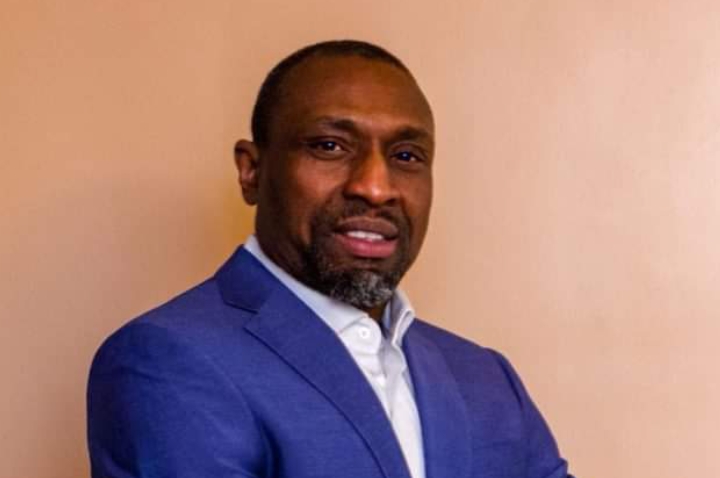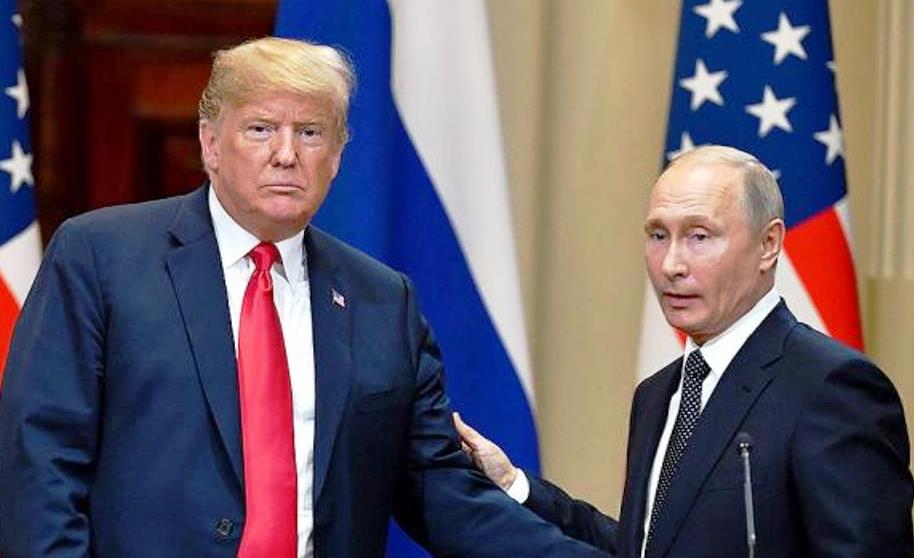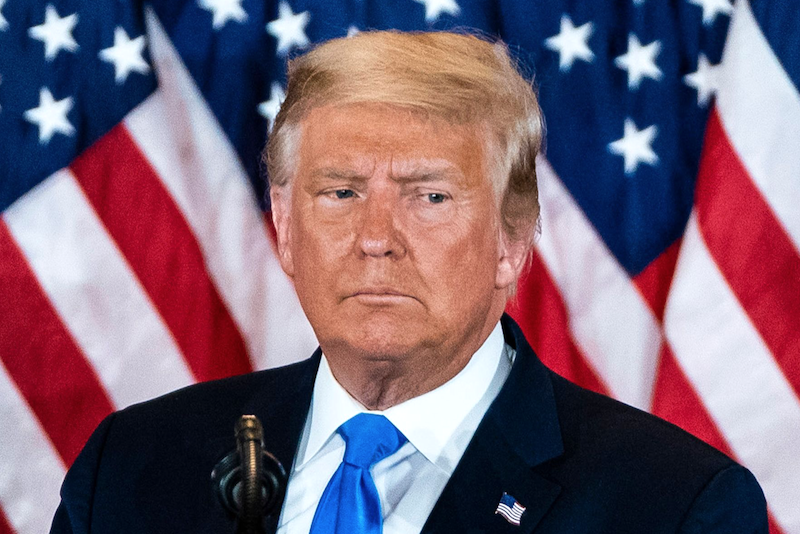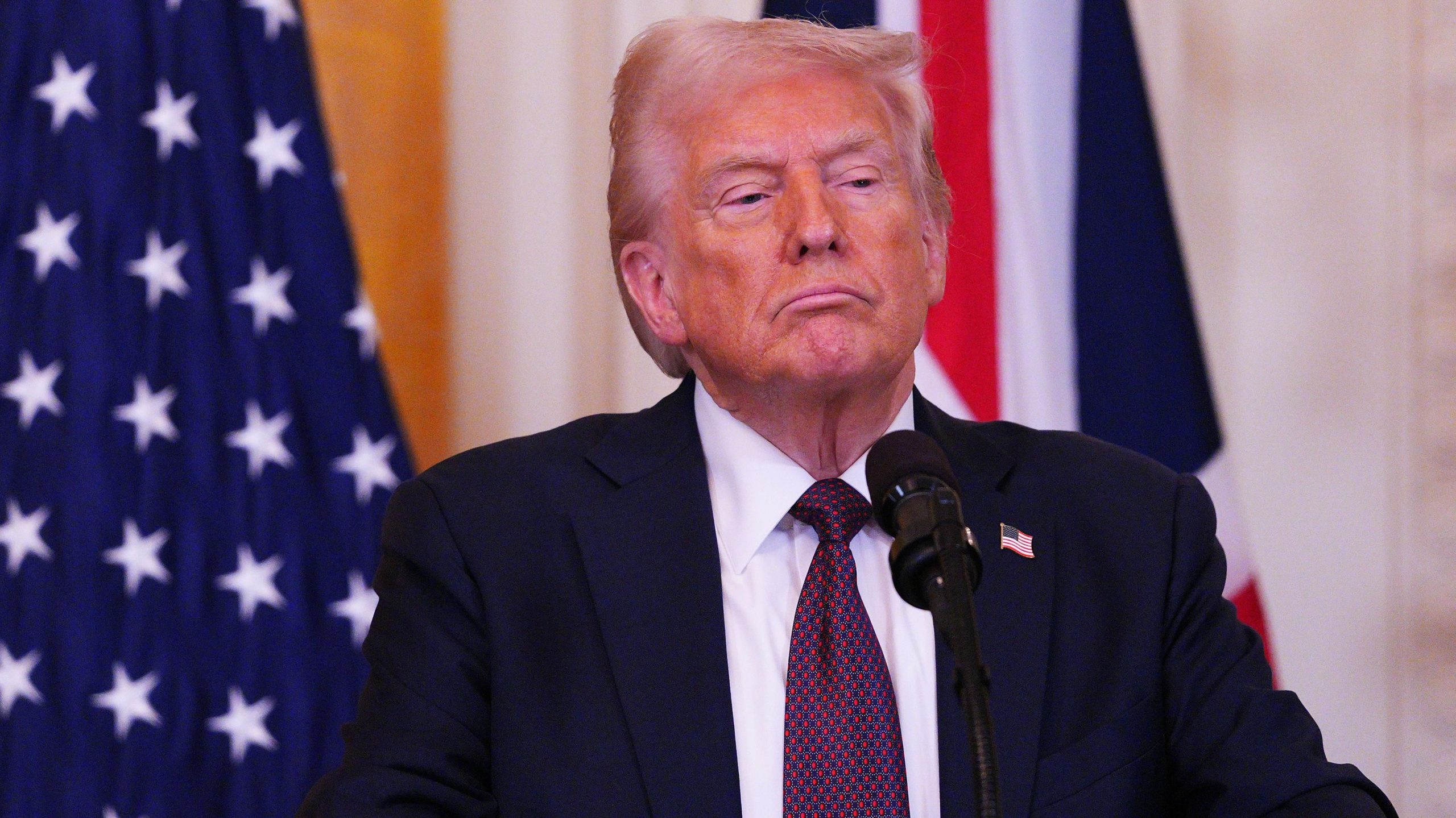The world has never been short of demagogues and fools, but the remedies have often matched the supply. In 1990, during President Nelson Mandela’s thank-you tour of the world, he was asked at the City College of New York, Harlem, NY., why he remained friends with Muammar Gaddafi, Yasser Arafat, and Fidel Castro.
He replied that he didn’t think it was the business of any country to choose South Africa’s friends. These people stood by South Africa in its hour of need; why should he betray them now? His interlocutor turned tail, and Mandela received a standing ovation.
British Prime Minister Margaret Thatcher preached “constructive engagement” to dismantle apartheid. In response to her duplicity in 2004, the President of Equatorial Guinea, Teodoro Obiang Nguema Mbasogo, pointed out to her that “constructive engagement” favoured England, particularly the Prime Minister, whose son, Mark, was involved in gunrunning and coup plots on the continent. Thatcher had no response.
Castro v. Bush
Castro accused President George Bush of a “pirate mentality.” And he wasn’t being flippant. One of Africa’s worst kleptocrats, Joseph Desire Mobutu, worth $5 billion in the 1980s, visited President Bush in 1989.
Despite Mobutu’s appalling record, Martin Meredith in The Fate of Africa, quoted Bush as saying on the South Lawn of the White House, “Zaire is among America’s oldest friends, and its president – President Mobutu – one of our most valued friends. We are proud and very, very pleased to have him with us today.”
Like Castro, President Olusegun Obasanjo is also reputed not to suffer fools gladly. Stephen Sackur, anchor of the BBC programme HARDtalk, might recall when, in response to what Obasanjo perceived as a rude question, the former Nigerian president asked Sackur if he could pose that question to his prime minister.
In the lion’s den
There is a long list of leaders who confronted bullies without flinching. This quality, which is in demand more than ever before, is falling short, as shown by recent high-profile encounters in the White House since President Donald Trump’s second term. The White House, especially the Oval Office, has become for high-profile visitors what the lion’s den is to straying goats.
After Ukrainian President Volodymyr Zelenskyy’s antagonistic exchange with Trump, South African President Cyril Ramaphosa is the latest target. Almost from the moment the first live footage of the visit began airing, it was clear that Trump wanted only one thing.
He wasn’t interested in resetting trade talks or bilateral issues. He wasn’t interested in repairing ties between South Africa and the US or hearing firsthand the other view about the so-called genocide against white farmers. He wasn’t interested in conciliation. He was interested in only one thing: having Ramaphosa for lunch. And he did, which was painful and difficult to watch.
‘How did you get my number?’
From Trump’s question about “how did you get my number?”, gestures that suggested he valued the presence of the golfers in Ramaphosa’s entourage – Ernie Els and Retief Goosen – more than the president, to dumping piles of fake documents on the South African president and converting the Oval Office into a cinema while Ramaphosa was still speaking, Trump displayed utter contempt and disregard for his visitors.
The encounter made Zelenskyy’s visit appear like a lovefest. Some have argued that it reflects more poorly on Trump and the US that the host treated his guest so shabbily, raking him over the coals with fake and discredited materials, than on Ramaphosa, who kept his smile and rational stance. That is partially correct, but more than anyone else, Ramaphosa has himself to blame for the shambolic treatment.
Yellow flags
There were more than enough yellow flags beforehand. From the Executive Order in February, stopping all US financial assistance to South Africa, to the accusations of “white genocide”, to the expulsion of Ambassador Ebrahim Rasool, and the offer of “refugee” status to white farmers, Trump, mainly instigated by Elon Musk, has never disguised his misguided displeasure against South Africa.
The country’s decision to drag Israel to the ICJ over the war in Gaza and its leadership role in BRICS (which could potentially curtail the influence of the dollar), of course, were also unspoken sources of Trump’s anger.
If a war foretold does not take the disabled person by surprise, how could Ramaphosa have ignored these yellow flags and decided to visit the lair with a golfing picture book as a peace offering, instead of a luxury Boeing 747 jetliner, the perfect sacrifice?
Success. What success?
The South African president has described the visit as “a great success.” Perhaps that would be correct if he were describing his narrow escape. There is no readout or evidence of the “reset” Ramaphosa requested. As of today, the fake video of the crosses on the roadside, supposed to be memorials for about 1,000 murdered white South African farmers, is still playing on the X handle of the White House. Nothing has changed.
If Ramaphosa believes the visit was a success, his opinion has divided his country as much as it has a largely subdued continent. Femi Badejo, a diplomat and professor of Political Science, used the metaphor of a safari to describe the response across the continent. “If a lion grabs an antelope,” he asked me, “what do you think will happen to the rest of the herd?”
South Africa is not just another African antelope; it’s a leader in the pack. Although many African diplomats are publicly spinning Ramaphosa’s visit as measured and dignified, behind the scenes, they are scandalised at the possible fate that awaits them – and the continent – especially with the African Growth and Opportunity Act (AGOA) expiring in September.
Who’s next?
For many reasons, primarily economic, the Africa that once stood up to bullies or was even deemed worthy allies has become a thing of the past. The Egyptian leader, Field Marshal Abdel Fattah el-Sisi, may receive red-carpet treatment at the White House due to that country’s strategic importance to the US, just as Burkina Faso’s Captain Ibrahim Traore, Russia’s poster boy, may get flowers in the Kremlin. The others, grappling with internal security challenges, discontent and fragile economies, are on their own as they struggle to navigate a hostile and deeply divided world.
It would be a long time before another leader from the continent visits the White House, that is, if Trump has not closed half of the US embassies in Africa before he marks his first year in office. If, at this time, African leaders cannot find good company among themselves, they may as well learn to sit at home.
Ishiekwene is Editor-in-Chief of LEADERSHIP and author of the book, Writing for Media and Monetising It.





